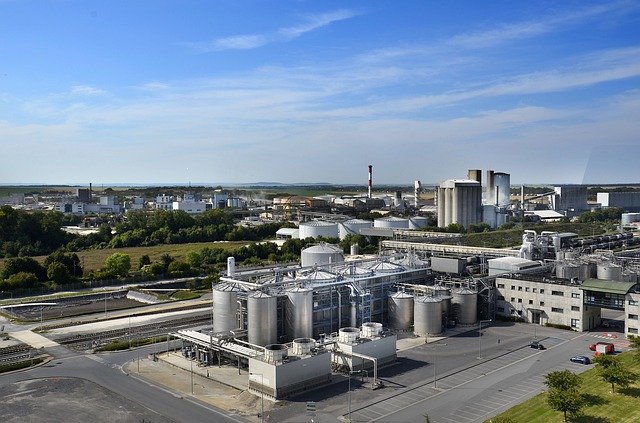
Eni launches the first production of vegetable oil for biorefining
Eni completed the construction of the oilseed collection and pressing plant (agri-hub) in Makueni, Kenya, and started production of the first vegetable oil for bio-refineries.
The first agri-hub will have an installed capacity of 15,000 tons with an expected production of 2,500 tons in 2022.
“This project embodies all the pillars of Eni’s approach to sustainability. First, the carbon neutrality, as bio- refining is an important element in our path to zero emissions by 2050. Second, the operational excellence, as we completed the work on schedule, one year after the agreement with the Kenyan government and six months after the shipyard’s start-up, in total safety, with more than 200,000 hours worked without any accidents. Third, the social development, as we are creating opportunities for the local community: we have involved 25,000 farmers and employed up to 200 people a day in the construction of the center. In our vertical integration model, seed cultivation is handled by local farmers, thus promoting their access to market and ensuring access to land,” said Claudio Descalzi, CEO of Eni.
The agri-hub will process castor, croton and cottonseeds to extract vegetable oil. These are sustainable, agri-feedstock raw materials that do not compete with the food supply chain because they come from crops that are resistant to aridity and suitable for growing on degraded soils, namely castor crops, seeds harvested from spontaneous plants (croton), and co-products of the cotton supply chain in a circular economy perspective. The facility will also produce feed and bio-fertilizers derived from the protein component of the seeds for the benefit of livestock and food production, contributing to food security. The center will also work as a training and technical support hub for farmers.
Eni Kenya, its supply chain and all agri-feedstocks developed have been certified under the International Sustainability and Carbon Certification (ISCC-EU) sustainability scheme, one of the main voluntary standard recognized by the European commission for biofuel certification (RED II). Notably, Eni is the first company in the world to certify castor and croton for biofuel use under the ISCC-EU scheme and has also enabled an African cotton mill to achieve such certification standard for the first time, offering new market opportunities to local farmers for the fiber.
Eni Kenya, in partnership with ISCC within a Horizon 2020 project, has also taken steps to obtain Low ILUC (low risk of direct and indirect land use change) certification in the next few months.
The first phase of the project in Kenya includes the construction of a second agri-hub to reach a total capacity of 30,000 tons per year of vegetable oil in 2023, as well as the development of associated agricultural supply chains.
The startup of the production in Kenya represents the first step in Eni’s agro-industrial chain initiatives. Over the past year, agreements have been signed in several countries including Congo, Mozambique, Angola, Ivory Coast, Benin, Kazakhstan and Rwanda. In these countries, as well as in Italy, feasibility studies have been launched in the most mature realities aiming at carrying out a first phase of agricultural activities starting in 2022 and then proceeding with the construction of seeds pressing plants for bio-refining.
Information Source: Read More
ENERGY | ELECTRIC POWER | NATURAL GAS | AUTOMOTIVE | CLIMATE | RENEWABLE | WIND | TRANSITION | LPG | OIL & GAS | SOLAR | ELECTRIC VEHICLES| BIOMASS | SUSTAINABILITY | OIL PRICE |COMMODITIES | ELECTRIC POWER | NUCLEAR | LNG | REFINED PRODUCTS | SHIPPING|

